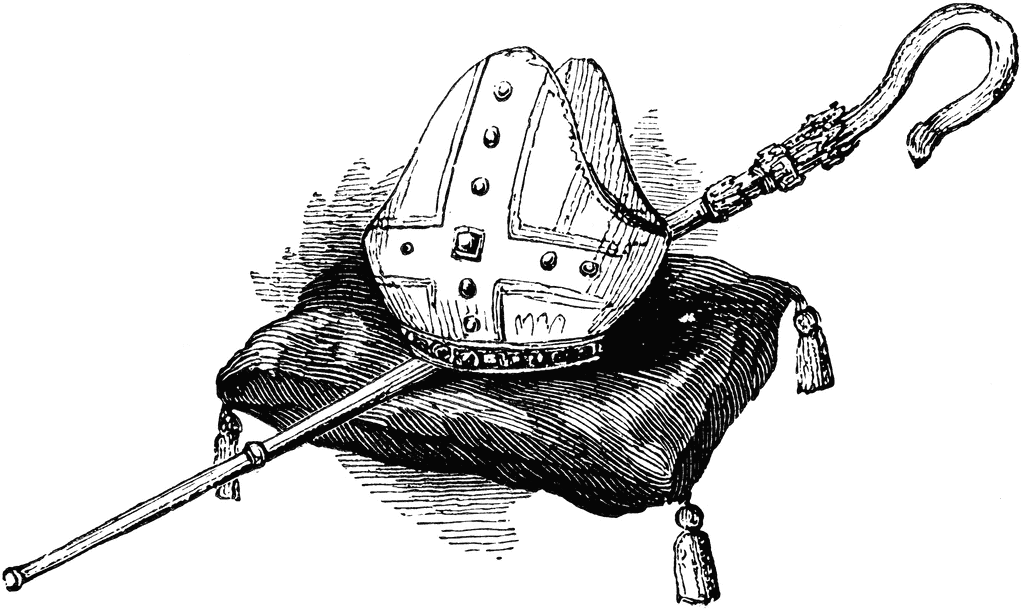In today’s First Reading Paul gives his protege Titus a laundry list of qualities that a good bishop should have in order to be a good steward of his people. A steward knows that he has been entrusted with something that does not belong to him; he’ll be held accountable for how he cares for his charge. When that charge is a portion of the People of God, he needs to be “blameless”: without fault.
This entails a great responsibility not only for the people the bishop serves, but for bishop himself: Our Lord in today’s Gospel warns of the dire consequences of leading another to sin. He also encourages a constant willingness to forgive, provided the sinner asks for forgiveness. Many bishops today face difficult circumstances in their flocks, but, as Our Lord reminds us today, with just a little faith they’ll be able to accomplish great things in the Lord’s service.
Let’s pray for our bishops today to be blameless, forgiving, and steadfast in their ministry.
Readings: Titus 1:1–9; Psalm 24:1b–4b, 5–6; Luke 17:1–6.



